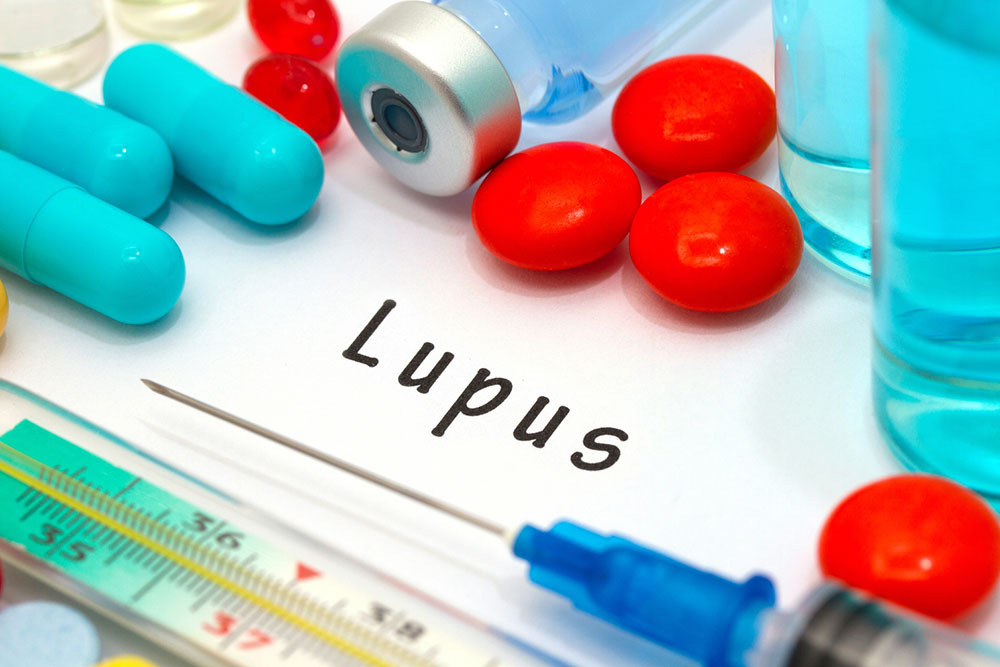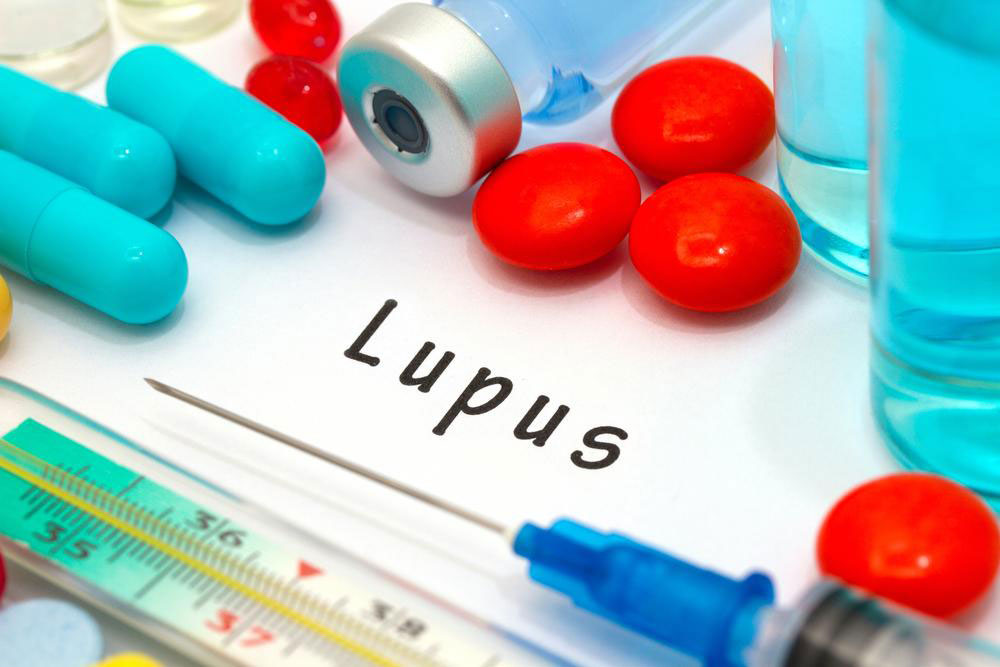Holistic Approaches to Managing Lupus Skin Manifestations
Discover effective natural approaches to manage lupus skin rashes, including herbal remedies, dietary changes, and lifestyle tips. Incorporate anti-inflammatory herbs, boost immunity with vitamin D, and adopt habits like stress reduction and limited sun exposure to improve skin health and overall well-being. These holistic strategies can complement conventional treatment for lupus sufferers seeking relief and skin healing.

Holistic Strategies for Alleviating Lupus Skin Symptoms
Lupus is an autoimmune disorder where the immune system mistakenly attacks healthy tissues and organs. Although the exact cause remains uncertain, genetics and lifestyle factors are considered potential triggers by medical experts.
This condition may be linked to allergies, viral infections, hormonal shifts during pregnancy, stress, poor digestion, and exposure to toxic metals. Common symptoms include fatigue, headaches, insomnia, and skin rashes.
Natural remedies for lupus-related skin rashes
Anti-inflammatory herbal extracts: Incorporating daily small amounts of herbs like turmeric, grape seed, flaxseed, basil, and ginger can combat inflammation and infections effectively.
Grape seed powder: Consuming two tablespoons daily supports blood vessel health and enhances circulation, aiding in skin health.
Flaxseed oil: A teaspoon of omega-3-rich flaxseed oil each day nourishes and moisturizes the skin.
Turmeric: With potent healing properties, at least one teaspoon of turmeric powder daily—perhaps added to milk with honey—can assist skin repair.
Coconut oil: Daily intake of two tablespoons of virgin coconut oil helps reduce immune system overreaction and promotes skin healing.
Herbs with anti-inflammatory benefits: Spices such as garlic, ginger, oregano, basil, thyme, and rosemary are packed with antioxidants that fight inflammation internally and support skin recovery.
Pine bark extract: Taking 30 mg of Pygenol daily with yogurt improves blood flow and reduces joint pain and swelling.
Vitamin D: Supplementing with vitamin D proves highly effective in managing lupus skin issues.
Dietary adjustments: Avoid gluten-rich foods, legumes, chocolate, and alfalfa, which worsen gut and skin issues. Reducing trans fats, sugar, caffeine, and alcohol can decrease inflammation.
Sun exposure: Limit direct sunlight to under 30 minutes daily to prevent triggering immune reactions, but brief 15-minute sun milks boosts immunity.
Foods promoting skin hydration: Include avocados, seeds, nuts, olive oil, cucumber, and melon in your diet. Wild-caught fish is rich in omega-3s. Keep well-hydrated with water and antioxidant-rich teas like green tea.
Bone broth protein: Incorporate collagen and gelatin from bone broth or supplements to strengthen gut lining and alleviate symptoms.
Sleep and stress management: Aim for 8–9 hours of quality sleep and practice relaxation techniques like meditation or yoga to reduce stress.
Magnesium-rich foods: Green leafy vegetables, dairy, and pumpkin seeds support recovery by providing vital nutrients for healing.
Note: While our articles provide valuable insights, they should not replace professional medical advice. Always consult healthcare providers for personalized treatment plans. The information shared is for educational purposes and may vary across sources.










